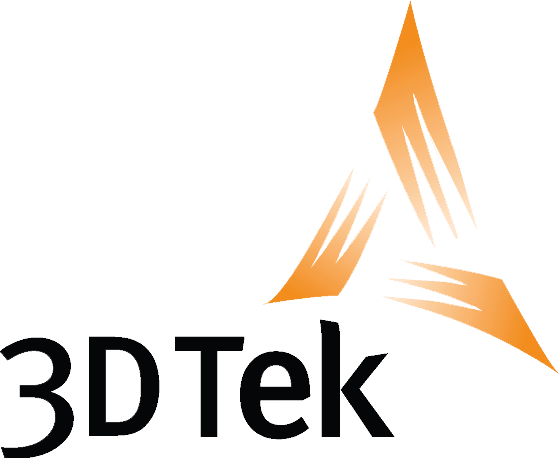The roles of Chief Information Officers (CIOs) and Chief Technology Officers (CTOs) are evolving to meet the demands of a rapidly changing technological landscape. To succeed, these leaders must cultivate a diverse set of skills that blend technical expertise with strategic vision and adaptive leadership.
Strategic Thinking and Vision
CIOs and CTOs are expected to align technology initiatives with overarching business goals. This requires a deep understanding of market trends and the ability to anticipate future technological advancements.
For example, they must recognize how technologies like AI and Analytics can redefine industry landscapes. Developing and implementing innovation strategies is crucial for maintaining a competitive edge. Effective strategic thinking also involves fostering cross-departmental collaboration to ensure that technology investments yield tangible business outcomes.
Technical Proficiency
A solid grasp of emerging technologies is essential for tech leaders. Proficiency in areas such as artificial intelligence (AI), cybersecurity, cloud computing, and data analytics enables these leaders to drive digital transformation effectively. For instance, AI is revolutionizing customer engagement through predictive analytics, while cloud computing ensures scalability for modern businesses.
Staying abreast of new trends—and understanding their potential impact—is key, as emphasized by TealHQ. Moreover, leaders should cultivate a technical foundation that allows them to communicate complex concepts to both technical teams and business stakeholders.
Change Management and Adaptability
The ability to manage change and adapt to new situations is critical for CIOs and CTOs. Technology adoption is rarely seamless, and resistance to change can hinder progress. Effective leaders guide their teams through transitions by clearly communicating the benefits of new systems and tools. Fostering a culture that embraces innovation is key to successful change management. Leaders should also develop frameworks for iterative implementation, enabling organizations to pivot quickly in response to unexpected challenges or opportunities.
Stakeholder Engagement
Building strong relationships with key stakeholders—including the board of directors, C-suite executives, departmental leads, and employees—is essential. This requires not just technical acumen but also strong interpersonal and communication skills. Leaders must prioritize collaboration and align organizational value with business objectives, as outlined by VKTR.
Engaging stakeholders early in technology projects ensures buy-in and reduces resistance, while regular updates keep everyone aligned on progress and outcomes. By honing these skills, CIOs and CTOs can navigate the complexities of the modern technological landscape, drive innovation, and ensure their organizations remain competitive in 2025 and beyond.
Ready to hire top-tier talent in the tech industry? Let’s connect to explore how leveraging these trends can help you build a stronger, future-ready team or advance your career to the next level.









